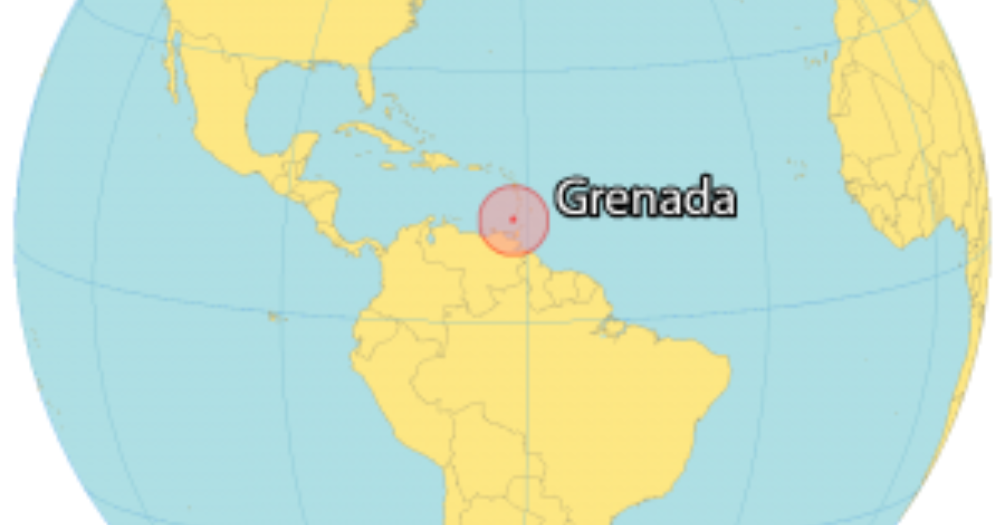Preparing for Grenada: Realizing How Much I Don't Know

Soha Khedkar
3rd Year, Dual Degee, MBA, MPH Health Behavior Health Education Candidate
When I first told a well-traveled friend of mine that I would be in Grenada over spring break to participate in public health fieldwork, she immediately said “Oh, you’re going to love Spain!”… which confused me because I was under the impression that I would be escaping Michigan winter for warm Caribbean beaches. However, I assumed that I was mistaken in my geographic knowledge and made a note to quickly go double check where on Earth Grenada actually is.
Good news: A quick double-check of my course syllabus and Google Maps quickly revealed
to me that my dreams of Caribbean beaches will still come true, phew!
As my team and I are getting ramped up on our project to help the Grenada Red Cross
Society establish a formal blood donation program, I am constantly reminded about
how little I, as a born and raised American citizen, really know about countries like
Grenada (starting with physical location). In all the research we reviewed before
our trip, what has become clear to me is that there is a huge gap in available data,
information, and academic research about public health systems, attitudes, and behaviors
in a small but mighty island nation.
While I am incredibly excited about this opportunity to put my newly minted MBA/MPH
skills to the test in this field experience, I am experiencing some apprehension about
how unfamiliar this territory is for me (literally and figuratively). This will be
my first true international field experience and no matter how much I prepare ahead
of time, the limited availability of data about blood donation in Grenada means that
I’m going into the experience without all the information I’d like to have. In full
transparency, that’s really intimidating to a Millennial who is used to having ALL
the information at my fingertips (thank you, Google).
At the same time, it feels like this gap in knowledge almost prevents me from forming
too many preconceived notions about what Grenadians value and what our final recommendations
will be. Without the extra noise of others’ perceptions, I can take advantage of this
space to really listen and learn from the communities in Grenada and design solutions
based on their feedback rather than my own “knowledge,” which is the aspect of this
project I am most looking forward to. I am thankful for this opportunity to grow in
my own humility and hopefully help others along the way. Grenada, here I come!
